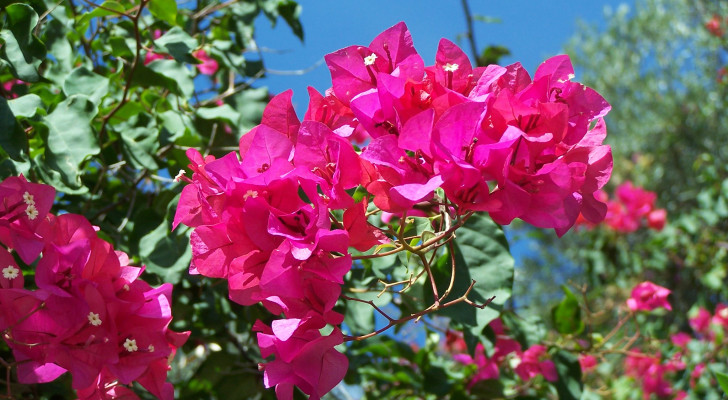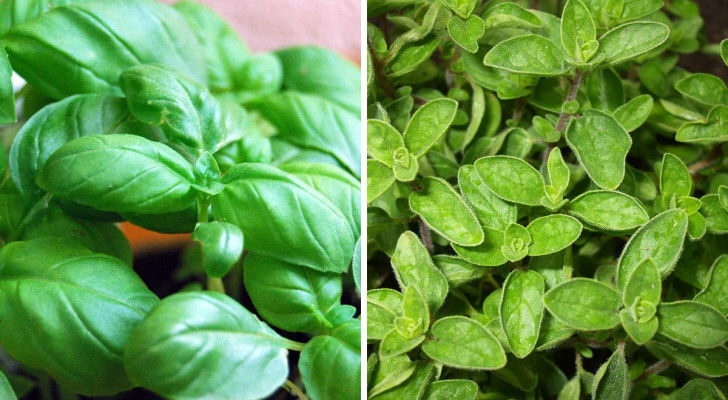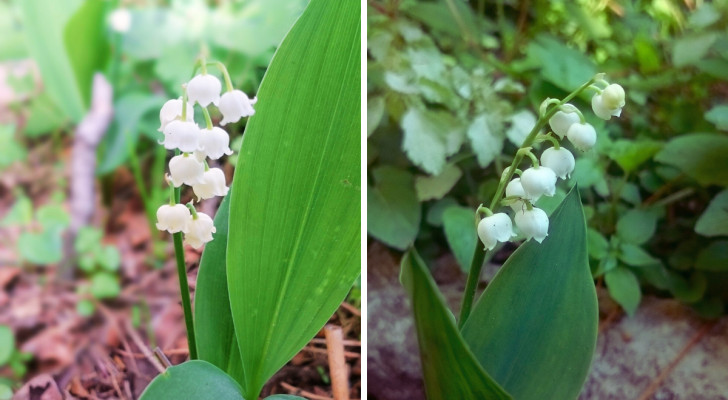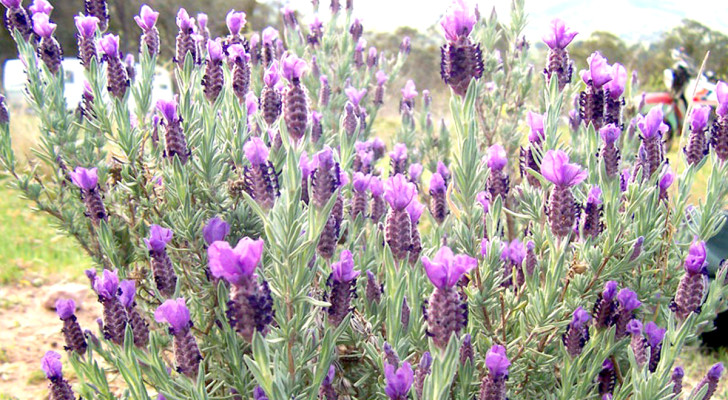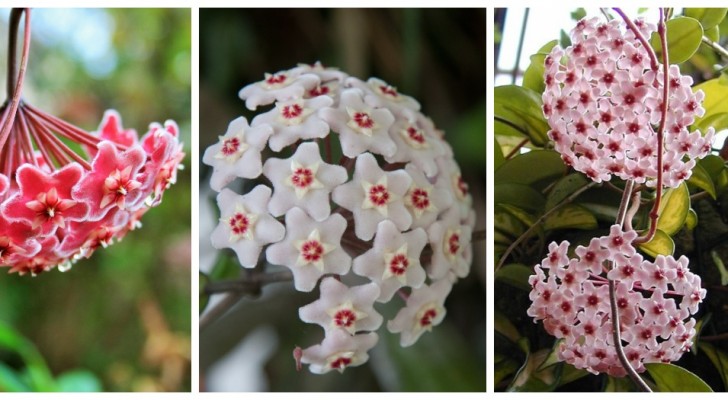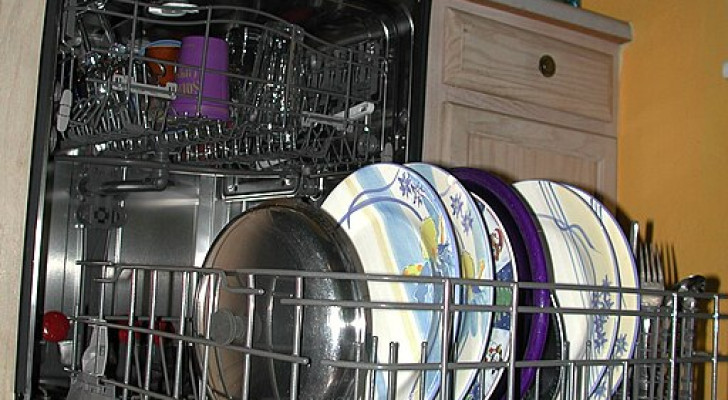Wilted basil? Find out how to avoid this when it's too hot
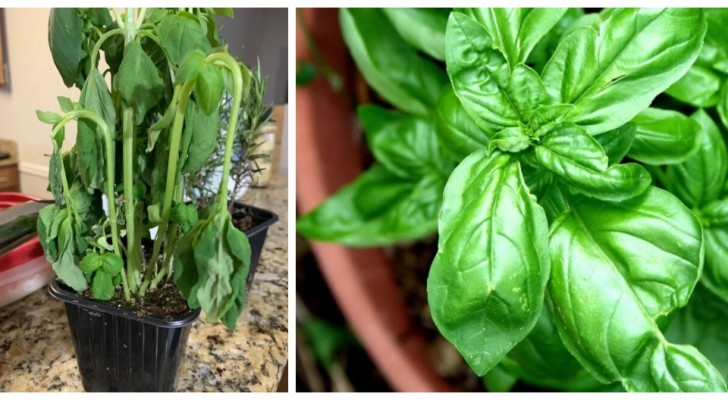
A useful ingredient in many dishes, especially during the summer, is basil. Basil is one of the most widely grown aromatic plants in homes. In fact, even though it grows in the open ground or in large flower beds, it also lends itself to being successfully grown in smaller pots and planters indoors - under the right conditions.
Basil is a Mediterranean plant that loves warm and sunny climates, but not too much: it suffers, in fact, in periods of scorching heat, and a fierce sun. In these conditions, it is easy for the plant to lose vigor and wilt quickly, and sometimes too much watering leads to the same result. So, how best to raise this plant? The following tips can help you:
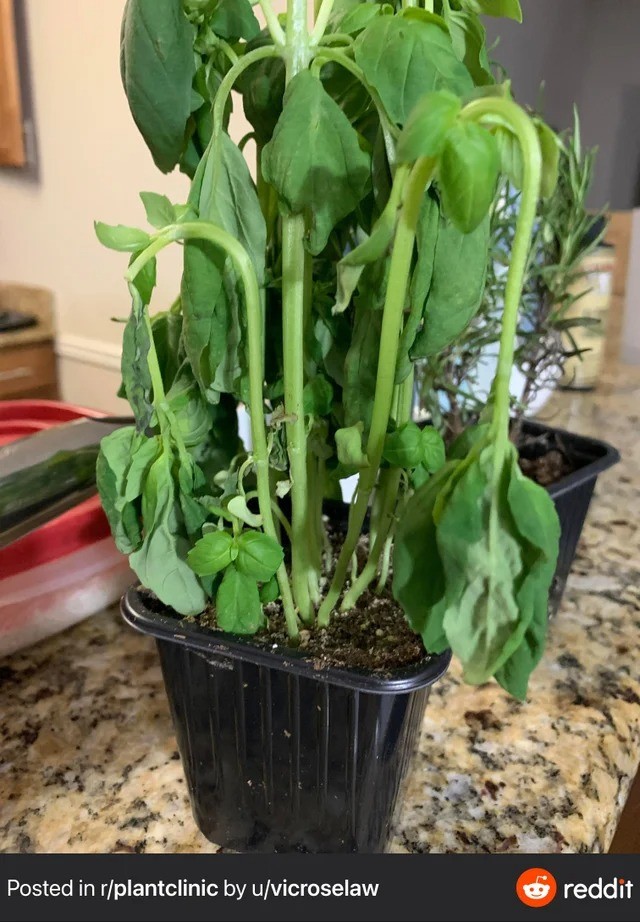
The most common cause for the damage to basil is an arid soil: it is a plant that constantly needs a moist soil. For this reason it should be watered regularly when the warm season begins and the frequency will increase in periods of great heat - but always in moderation.
The golden rule to determine when it is time to water (and this applies to most plants). Push your finger into the ground, to test if it is dry up to several centimeters deep. If so, water the plant. If, on the other hand, only the surface layer has dried out, but underneath the soil is still damp, you can wait a little longer.
When the soil is still wet, it is necessary to avoid further watering, and even if the basil plant appears to be wilted, most likely it means that there is poor drainage. When this happens, water stagnates in the soil around the roots and they can rot.
In case of poor drainage, remove the plant from the pot, and refill it with a lighter and better-draining soil (mixed, perhaps, with sand or perlite). It also helps to put a layer of expanded clay at the bottom of the pot (a couple of fingers will be enough). Replant and wait a day or two before wetting the soil again, (or the plant very little water the next day). When this treatment is done too late, it may be impossible to save the plant, but it is worth trying to save it.
Other useful tips
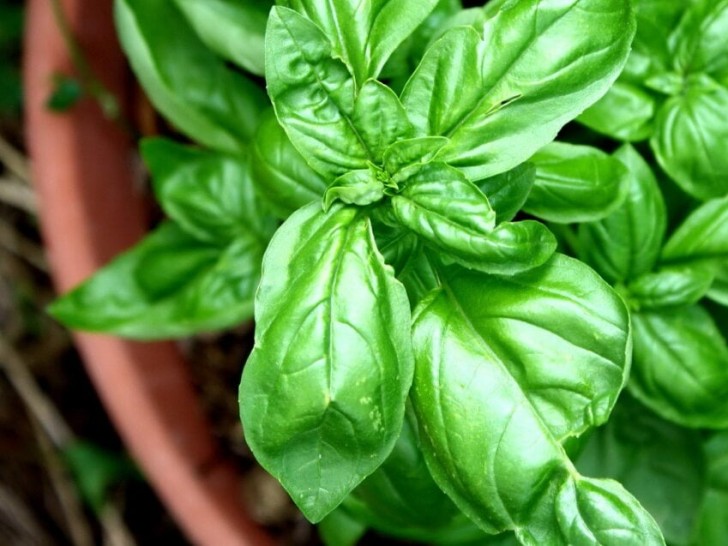
- Avoid keeping basil in pots that are too small: in small pots there is less soil, and it dries out sooner. Especially when the plant has developed a root system that occupies the whole pot, transplant to a bigger pot.
- Use mulching: once the plant is in the right place, with the right pot and good soil, covering the surface with organic mulch will help keep the soil moist and prevent having to water it too often. And it will also help slow the growth of nutrient-stealing weeds!
- Basil must have 6 hours of direct sunlight per day.
- Let the plant produce flowers, but not too many: the more that bloom, the fewer leaves you will get. Rather, by cutting the flowers off from time to time you will keep even the basil as a compact shrub.
- Avoid transplanting shock, when you transplant a purchased plant from its container to its "final" spot: choose a spot in the sun, water at the right times and choose a good soil. The plant will take a while to recover, but by ensuring the right conditions, it will grow up healthy.
Following these tips, you should have basil in great condition until the end of summer!
